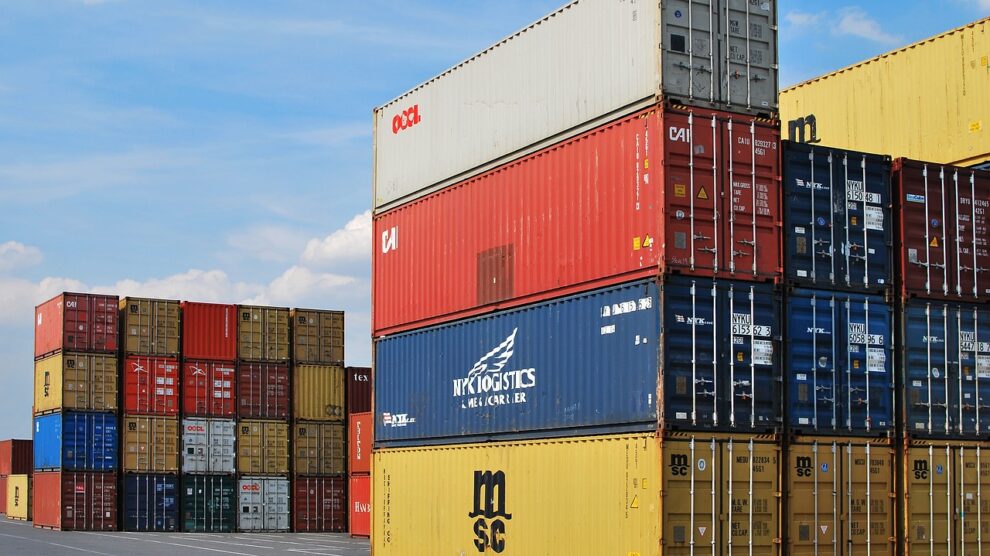Commercial imports valued at more than 2,500 dollars or 250 dollars for items coming in from China must have a customs bond, even if the items are being imported duty free. If you are importing items subject to Food and Drug Administration or similar inspections, a bond is required regardless of the value of the items. Let’s learn more about customs bonds before we explain how and why they need to be renewed.
What Are Customs Bonds?
Customs bonds are a type of insurance policy. You can take out a customs bond with an insurer, though that may be the same company that’s handling the freight forwarding or the customs paperwork.
The biggest benefit of these bonds is that your products cannot be held up in customs for weeks as you wait for them to notify you of the issue and then process payment. However, this process only happens when you have an active bond to cover the associated bills.
The insurer will pay the additional import duties, fees and taxes due when someone is importing product into the country if the importer does not
Why Is Bond Renewal Necessary?
Customs bonds may be unique to each transaction or continuous. If you are getting a unique customs bond for every shipment you are bringing in, you will have to go through the process with each shipment. This is fine if you rarely engage in international business. However, most regular importers rely on continuous bonds. These bonds have a limited lifespan like all insurance policies. When their term ends, they need to be renewed. The terms and conditions of the bond will be based on the risk associated with the bond and your history as a customer and importer.
How Do You Renew Bonds?
In the case of unique bonds, there is no renewal. You take out a new bond with the next shipment. When you have a continuous bond (one good for 12 months), customs bond renewal must happen at the end of this period if you wish to continue importing goods without interruption. Note that you can be hit with hefty fines if you import goods and do not have a custom bond in place.
How are these bonds renewed? Your freight forwarder or customs broker can renew it, if they do not offer the bonds themselves. You simply have to pay the premium on this de facto insurance policy.
Freight companies want to have the bonds in place on every shipment. This is why they will follow up with you as the bond approaches its expiration date. This gives you the opportunity to shop around for a better deal or pay the premium knowing that your supply chain is protected.
What Are the Advantages of Continuous Bonds?
If you have a continuous bond on file, filling out customs paperwork becomes much simpler. Another major benefit of continuous bonds is that they cover both the ISF and entry summary.
You’ll often pay lower overall premiums, too, because you have a continuous bond in place. Single entry bonds have a cost based on the value and risk of the individual shipment. Continuous bonds generally cost around ten percent of the total fees, taxes and duties the importer paid the prior year.





